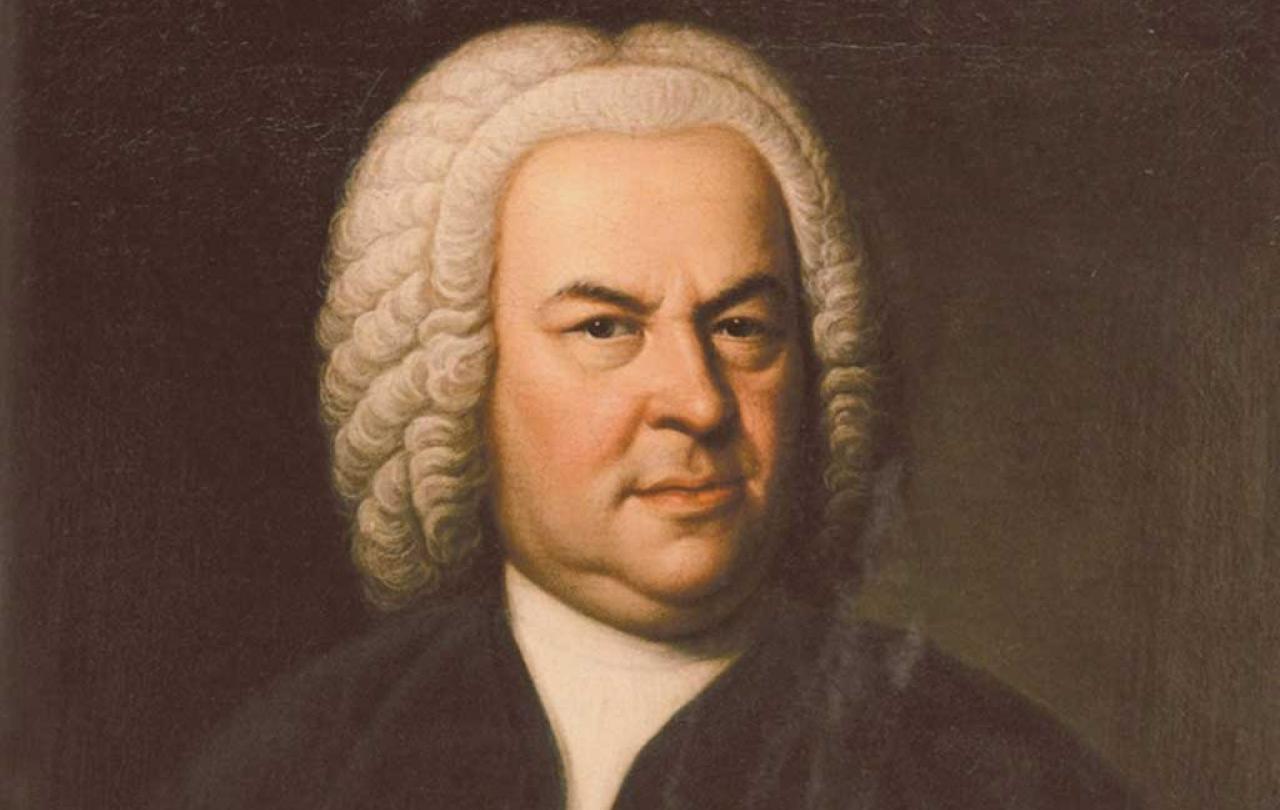Listen now
Watch now
Nick Spencer is Senior Fellow at Theos and hosts their podcast ‘Reading Our Times’. He is the author of a number of books and reports, including Magisteria: the entangled histories of science and religion and his most recent book co-authored with Hannah Waite, Playing God: Science, Religion and the Future of Humanity.
Belle and Justin chat with Nick about aliens, animals and AI. How are the boundaries of science and technology re-enchanting what makes humans unique?
Visit Nick Spencer's page on the Theos web site
There’s more to life than the world we can see. Re-Enchanting is a podcast from Seen & Unseen recorded at Lambeth Palace Library, the home of the Centre for Cultural Witness. Justin Brierley and Belle Tindall engage faith and spirituality with leading figures in science, history, politics, art and education. Can our culture be re-enchanted by the vision of Christianity?





